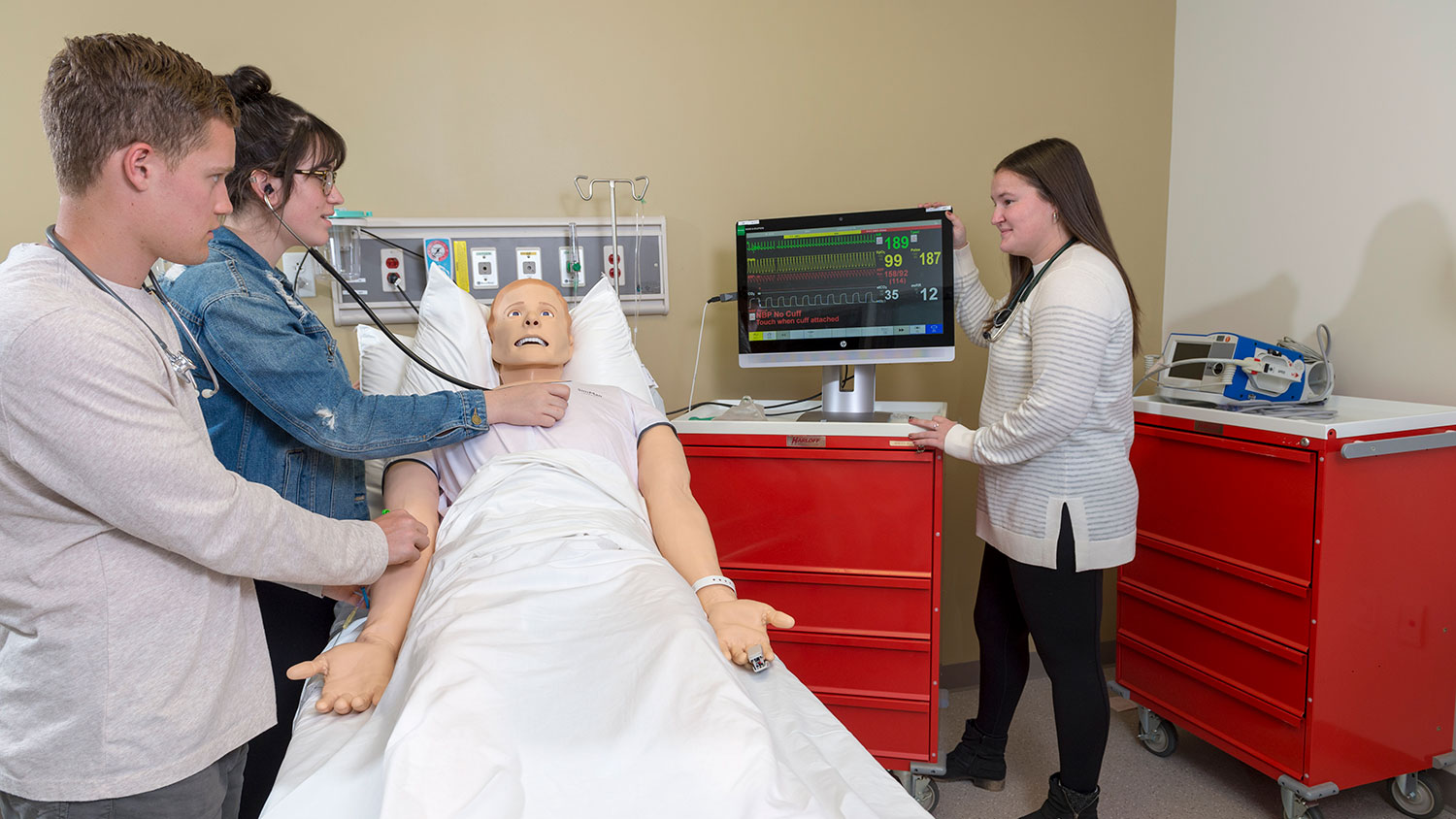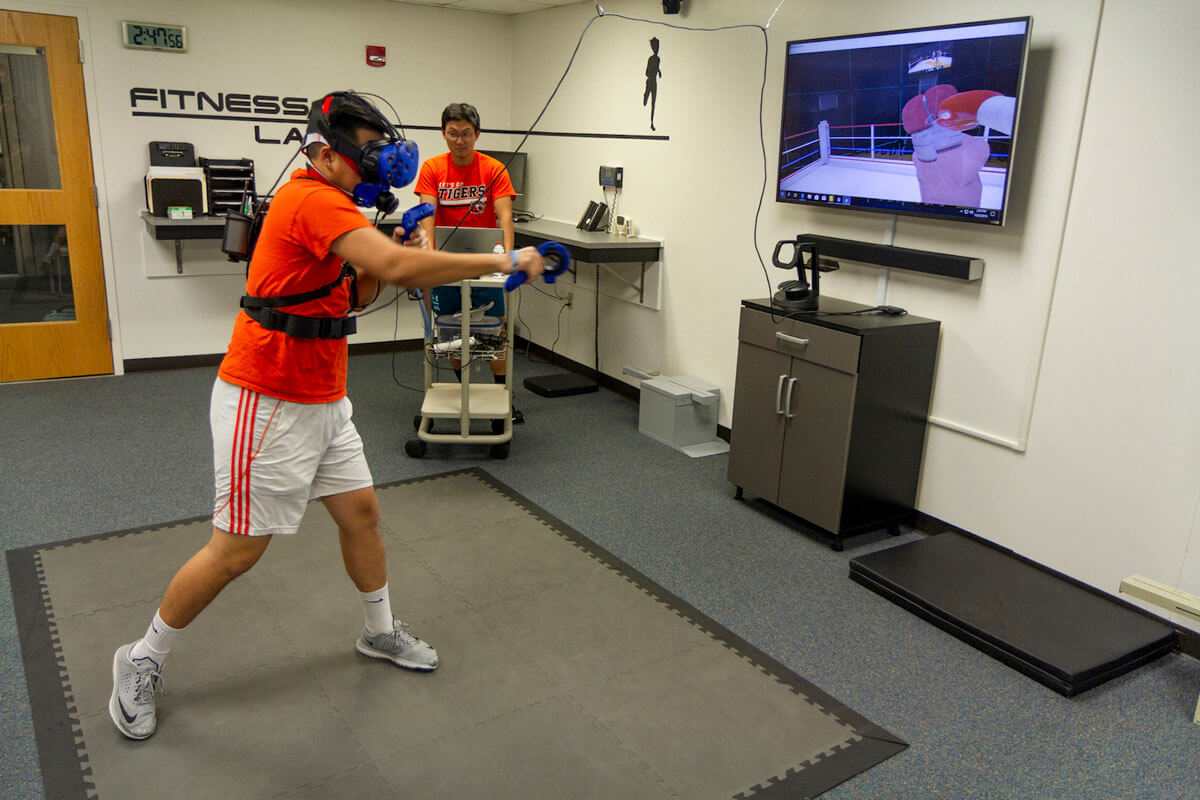Nutritional Sciences Minor
- RIT /
- Rochester Institute of Technology /
- Academics /
- Nutritional Sciences Minor
Curriculum for 2025-2026 for Nutritional Sciences Minor
Current Students: See Curriculum Requirements
Contact
Program Contact
- Brenda Abu
- Associate Professor, Dietetics and Nutrition
- Wegmans School of Health and Nutrition
- College of Health Sciences and Technology
- 585‑475‑4516
- baaihst@rit.edu
Offered within
the
Wegmans School of Health and Nutrition
Wegmans School of Health and Nutrition
Search RIT
This website uses cookies to provide better user experience and functionality. You can control and configure cookies in your web browser.
Cookie Statement
|
How to Disable Cookies













